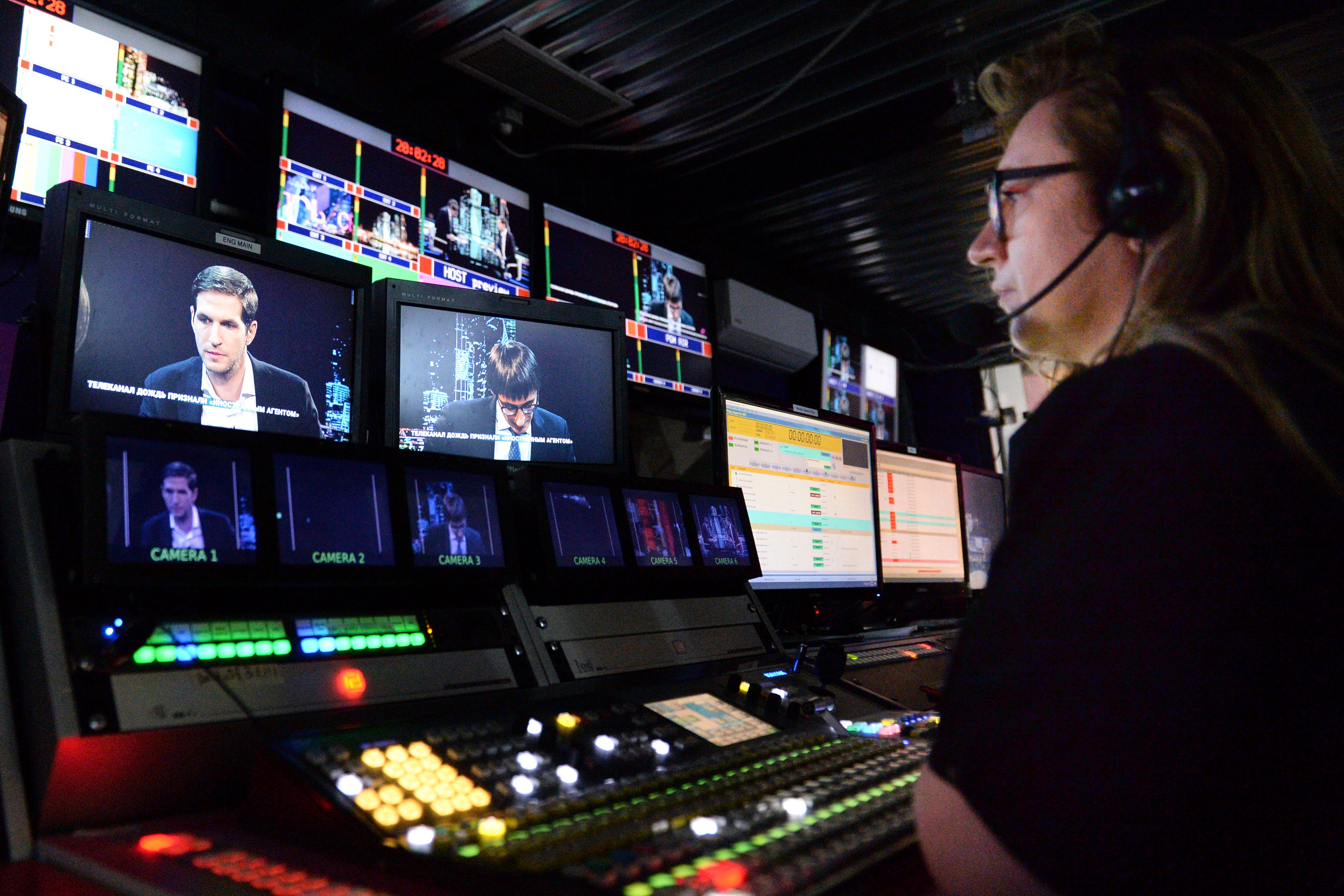Russia declares independent TV channel 'undesirable,' banning it from country
The Russian prosecutor-general’s office has declared independent TV channel Dozhd to be an undesirable organization, continuing the country’s wide crackdown on news media and groups regarded as threats to Russia’s security

The Russian prosecutor-general’s office on Tuesday declared independent TV channel Dozhd to be an undesirable organization, continuing the country’s wide crackdown on news media and groups regarded as threats to Russia's security.
The designation outlaws Dozhd from operating in Russia and exposes its journalists, staff and donors to potential criminal charges.
Dozhd, which is often critical of the Kremlin, closed its operations in Russia soon after the beginning of the Ukraine conflict, moving first to Latvia and then to the Netherlands. The prosecutor-general's office said Dozhd had spread extremist material and discredited authorities.
The channel frequently offended authorities with its coverage of Russia's political opposition and criticism of the Kremlin. It was removed from Russian cable TV systems in 2014 after conducting a controversial poll of whether viewers thought the Soviet Union should have surrendered in the World War II siege of Leningrad in order to save civilian lives.
It then transmitted programs on a subscription internet site and through YouTube.
In recent years, Russia has methodically targeted people and organizations critical of the Kremlin, branding many as “foreign agents” and declaring some “undesirable” under a 2015 law that made membership in “undesirable” organizations a criminal offense.
This year it declared the European edition of the newspaper Novaya Gazeta, whose editor is a Nobel Peace Prize laureate, as undesirable and also applied the label to the World Wide Fund for Nature, Greenpeace and the U.S.-based Wild Salmon Center.
Bookmark popover
Removed from bookmarks